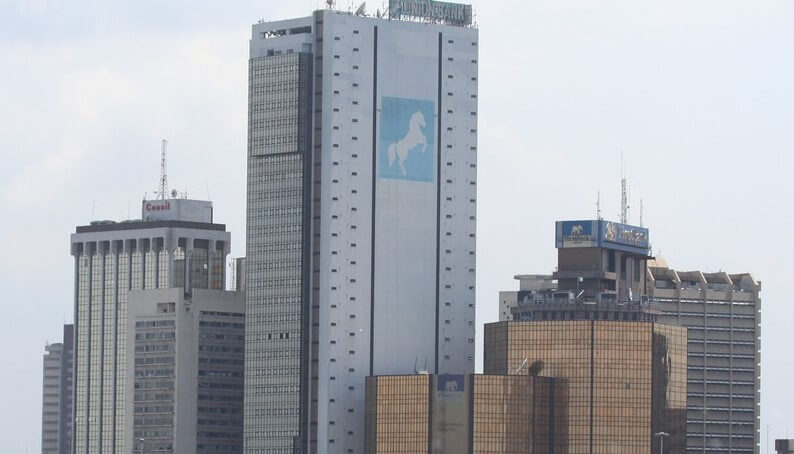High Exposures To Government Securities Put Banks In Nigeria, Other African Countries At Risk- Moody’s
Advertisement
The high exposures to government securities may put the quality of assets in banks in Nigeria and other African countries at risk, Moody’s Investors Service has said.
Moody’s said this in a Report on the African banking sector obtained by THE WHISTLER,
African governments have witnessed rising pressures on their finances, driven by the COVID-19 pandemic and such pressures are having huge impact on the domestic banks.
Moody’s said that the various banks assets are under pressure due to their high exposures to government securities.
Advertisement
It said this is so because the creditworthiness of the banks are linked to the financial strength of the government in their country.
The New York based credit rating firm said as the governments’ credit profiles weaken, their capacity to provide support to troubled banks would also deteriorate.
Senior Vice President at Moody’s Investors, Constantinos Kypreos, said, “As African economies battle coronavirus disruption, we expect mounting sovereign pressure to weigh on banks’ credit profiles.
“Deteriorating national operating conditions continuing will hurt banks’ loan quality, profitability, foreign currency liquidity and capital buffers.”
Moody’s Report stated further that African banks have heavily invested in government bonds as they hold twice their equity in such governnment securities.
Advertisement
It said there is a huge risk of governments imposing prolonged capital controls on banks during difficult times, such as restricted deposit withdrawals or forced deposit conversions into local currency.
More specifically for the big African banking systems under Moody’s coverage, it said exposure to government securities exceed the normal targets.
For instance, it said that South African banks’ sovereign debt exposure stands at over 15 per cent of total assets with the percentage doubling over the past 12 years.
Nigerian banks sovereign debt exposure is over 21 per cent according to Moody’s.
The Report stated that while Egyptian banks have the most exposure of the three at over 35 per cent, such exposures typically exceed 1.5 times the banks’ capital.
The credit rating firm said with other related exposures, such as loans to government departments and to state-owned enterprises, the potential exposure is much higher for African banks.
Advertisement
African banks, as reported, hold significant amounts of sovereign debt primarily to meet their liquidity requirements, but also because of their limited appetite for riskier private-sector loans, Moody’s added.



